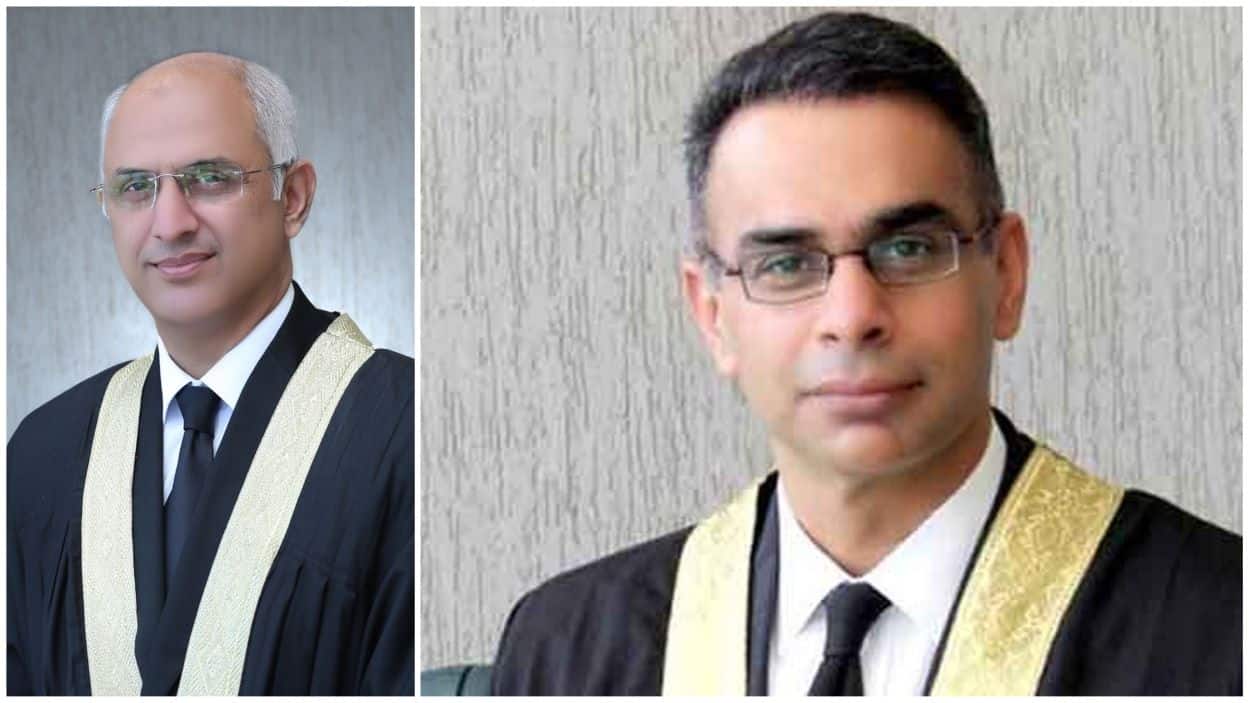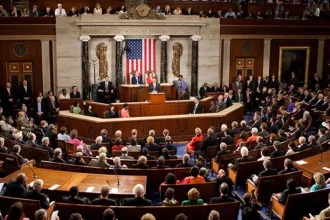Justice Babar Sattar of the Islamabad High Court reported undue influence from a senior security official in a letter addressed to the Chief Justice, who disclosed that he was advised to avoid examining surveillance methods in an ongoing audio leaks case.
Justice Mohsin Akhtar Kayani warned sternly against further interference, cautioning that additional approaches could trigger contempt of court actions against top officials. He asserted that such practices undermine the operational integrity of the state and its systems.
Moreover, Justice Kayani raised concerns over the unauthorized disclosure of personal and family information about judges and their children. He suggested that state entities could only have perpetrated this breach, indicating either a security compromise or an internal leak.
Taking decisive action, Justice Kayani initiated contempt of court proceedings on his own accord. He issued notices to various parties involved, including lawyer Waqas Malik, journalists Matiullah Jan and Talat Hussain, the Pakistan Electronic Media Regulatory Authority (PEMRA), and the Federal Union of Journalists. PEMRA has been instructed to submit the script of the contentious interview in court, and the hearing has been postponed for two weeks.
Subsequently, formal notices have been sent to several agencies, including the Pakistan Telecommunication Authority (PTA), Federal Investigation Agency (FIA), Inter-Services Intelligence (ISI), and the Cyber Crime Division. Additional notifications were issued to the Intelligence Bureau (IB), the Counter-Terrorism Department (CTD), and the Director-General of the Immigration Department.
Justice Kayani emphasized the necessity of these measures to safeguard judicial privacy and integrity. He questioned whether the judiciary was singularly targeted in what he described as a “fifth-generation war” and whether any institution would address these breaches.






